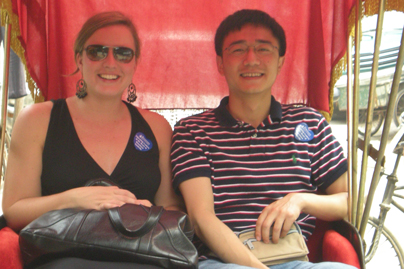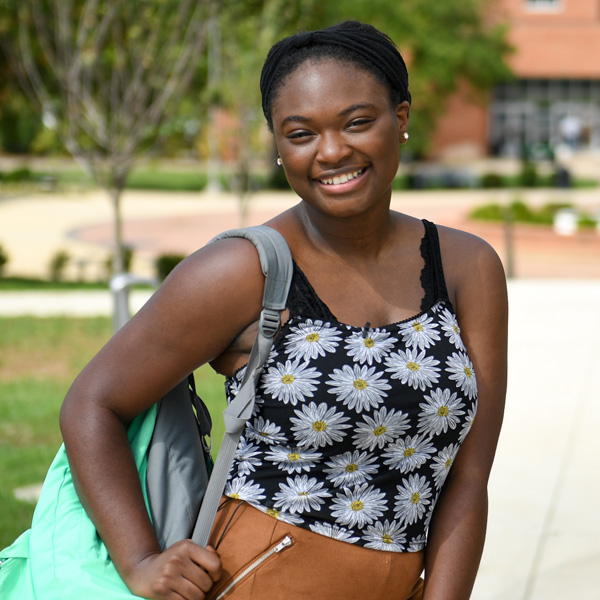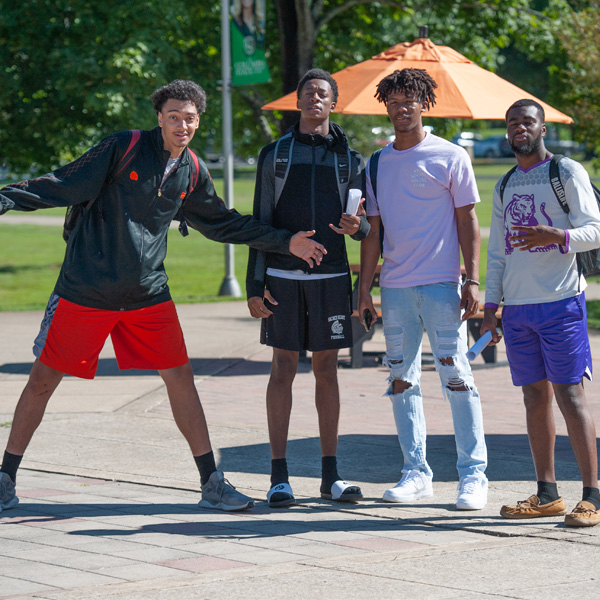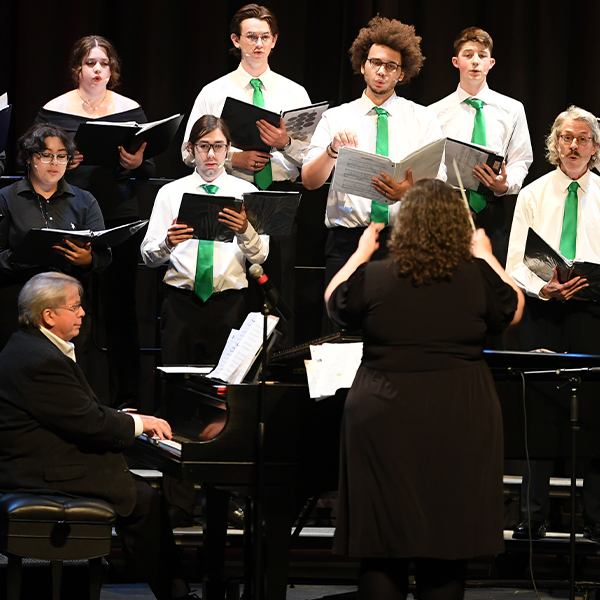Candace Warner Visits China - Blog 2

Candace Warner, Columbia State's Assistant Professor of Sociology, traveled to both Beijing and Dalian, China for three weeks during May and June. Candace is completing her Ph.D. in Public Administration from the College of Public Service and Urban Affairs at Tennessee State University. Although Warner completed all required course work, as well as doctoral preliminary exams during the spring 2009 semester, she decided to enroll in a summer course—Comparative Studies in Sino-U.S. Public Administration—for the opportunity to study economic development and governance in China.
Photo caption: Candace and classmate Kun Zhao ride in a rickshaw through the hutongs of Beijing, China.
Blog 2: Being a tourist in China
My first real memory of China dates back to when I was 12 years old while sitting on the couch in front of the television in my childhood home of Big Creek, MS. It was June 4, 1989, and the news was on, and I looked up at the screen to see protesting students being shot by Chinese military. As she turned up the volume to hear what was going on, I remember my mother and I staring at the television. I was so moved by this scene, even at age 12, that the next time we went to the mall—which was in Oxford, Mississippi—I bought a “Remember Tiananmen Square” t-shirt that had red Chinese characters on the front. I wore that shirt until it had holes in it. I am almost positive that it is still in my mother’s home in the bottom of a dresser drawer somewhere. So when we arrived at Tiananmen Square as our first tourist stop in Beijing on May 23, 2009, I could not help but feel a little emotional.
Tiananmen Square (Tiananmen literally means Gate of Heavenly Peace) is beautiful and vast, but to me, that large square teeming with tourists carries the ghosts of those students. It remembers those students even when, while we were traveling in China, the government blocked several sites that provided information on the anniversary of Tiananmen Square. As the memories of the scene I witnessed that day back in my family’s living room came rushing back to me, I wondered how many of my younger classmates were aware of the significance of the site in which we were standing, and I also thought about how little most Americans know or understand about China and its recent history. Throughout our visit to China, it was quite evident to me and my classmates that the Chinese certainly know a great deal about the United States – the good, the bad, and the ugly. As foreigners in China, we were treated with respect, curiosity, and at times, outright ‘celebrity-dom.’ I also marveled, on a daily basis, at the predominance of the English language everywhere we looked, how much Western music I heard, and how many Western products and fashion influences I saw. If anyone wonders about the true impact of globalization, just travel to urban China--you’ll see it everywhere.
The 48 hours in Beijing were a semi-blur. We saw Tiananmen Square, the outside of Chairman Mao’s Mausoleum, the Forbidden City, Summer Palace, the Temple of Heaven, and even climbed the Great Wall. While those experiences were wonderful and I could go on and on about the beauty of those scenic and cultural attractions, I’m a sociologist, so what stood out to me is the way people lived and the cultural characteristics that I saw. Bicycles—everywhere. People ride the bus—everywhere. Oh, and there are so many people—everywhere (it becomes easier to imagine that 1.3 billion people live in this vast country!). Clothes drying on the outside of buildings because there are no dryers. Children with holes in the bottom of their pants because drying diapers would take too long without a dryer. The food. Vendors. Negotiating for the best prices. The signs simultaneously in Chinese and English. Birth control ads promoting the one-child policy. These are the things that I noticed and focused on, because I generally wanted to understand the answer to the following question, “What is life like for the Chinese?”
By the third day of our trip, we headed to the countryside on a 3 hour bus ride to the countryside on the outskirts of Dalian, China. I saw rice patties mile after mile. I saw fields with over 20 scarecrows and farmers using oxen to plow their fields. I saw roads being built in the name of economic development through the middle of what was once farmland, and I saw families washing their clothes in a river. While I had read about the differences between rural and urban China, the contrast was striking. While my classmates and I stayed at a “resort,” people were washing their clothes in a dirty river and pushing oxen nearby. During our time in the countryside is when my heart shifted to a different place. One of my closest friends and colleagues, Dr. Barry Gidcomb, recently shared this quote with me from Laurence Sterne’s A Sentimental Journey: “The true value of travel is not in strenuous sight-seeing. It is in opening one’s heart to feeling.” While I have always considered my heart open to feeling and compassion, particularly for the poor and disadvantaged, even my heart stretched a little further in its ‘compassion capacity’ for the poor in China.
I have always had an interest in poverty and economic inequality issues. Before I left for China, this is what I read the most about and hoped to learn more about while studying there. But reading a journal article does not compare to seeing how families live and how they do without basic things that me and everyone else in America thinks are ‘necessities.’ While some of my fellow travelers complained about the toilets or the food, all I could think about for days was the family who has to spend a lot of time and energy washing their clothes by hand and plowing their fields with oxen, leaving little time for anything else, like education.
Many of my closest friends and family have remarked that I’m “different” since I have returned from China, and it’s true. There’s nothing like traveling to another country where so few have what you have (and take for granted on a daily basis), to put a new perspective on the really important things in life. While I have researched poverty and social welfare policy in the United States for the last 10 years, seeing Chinese farmers steer an ox to grow food for their families and an income, while an eight lane highway is being built above their heads, sparked a renewed research interest for me—comparing anti-poverty policies in China and the U.S. and the impact of economic development on the reduction of poverty in China. So that’s my next mission.
After hiking, visiting a national park, and traveling to other scenic sites in the countryside, we arrived back in Dalian, China for our final 2 week stay at Dongbei University of Finance and Economics.
After a week of moving 5 times, adapting to a new country and food, and getting used to one another, my classmates and I got off the bus at Dongbei University. We must have been a sight to behold. Yet, greeting us on the pavement were 4 translators and all of the directors of the university’s Public Administration program. With smiles on their faces and reaching for all of our heavy, overstuffed luggage, these individuals became the best part of the trip to China—our new lifelong friends.
Candace Warner Visits China
Candace Warner Visits China-Blog Entry #1







